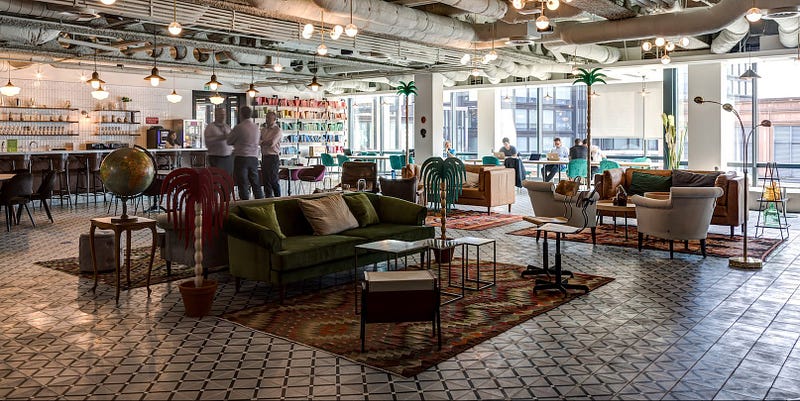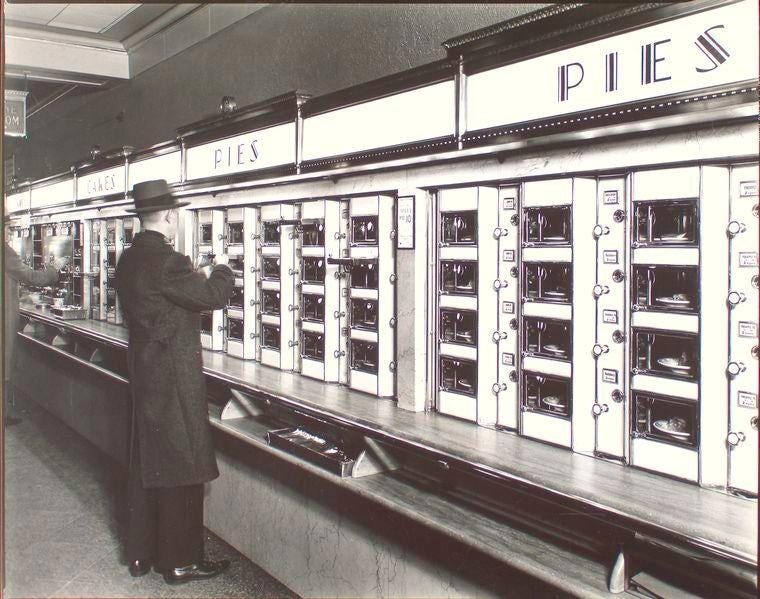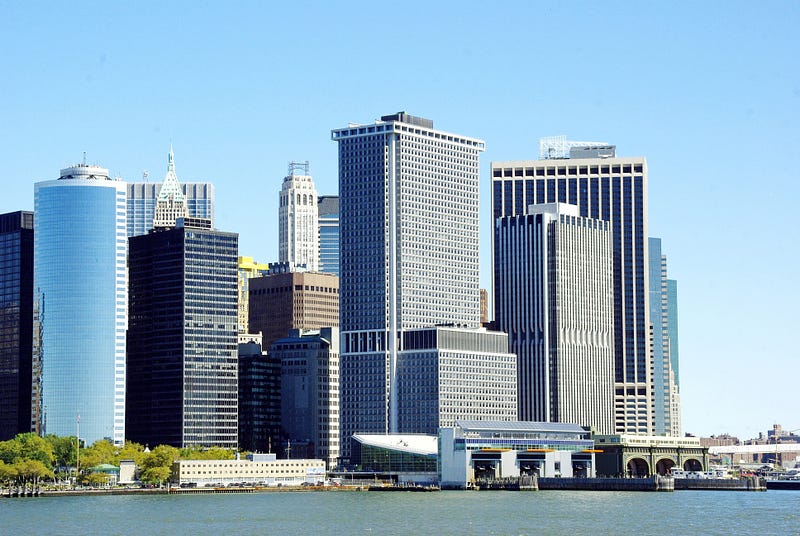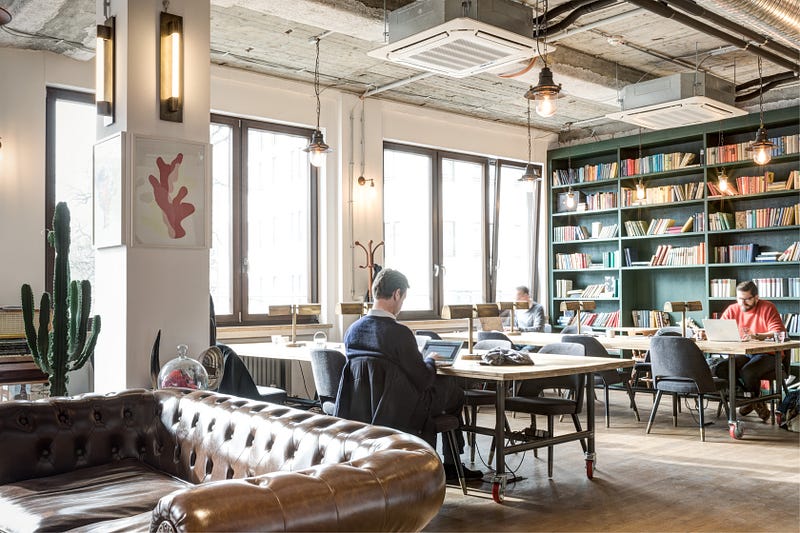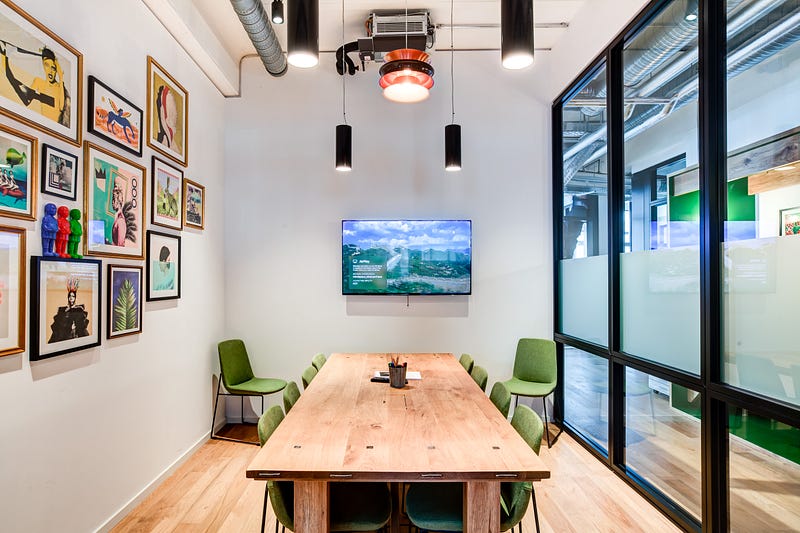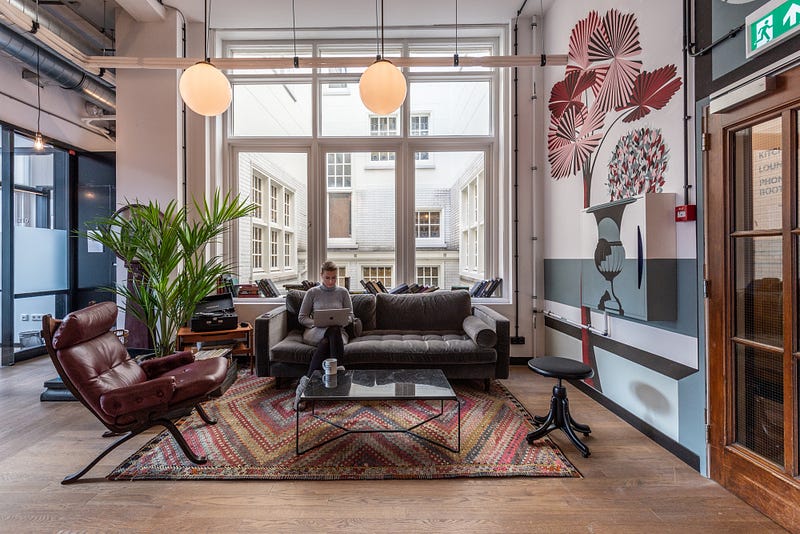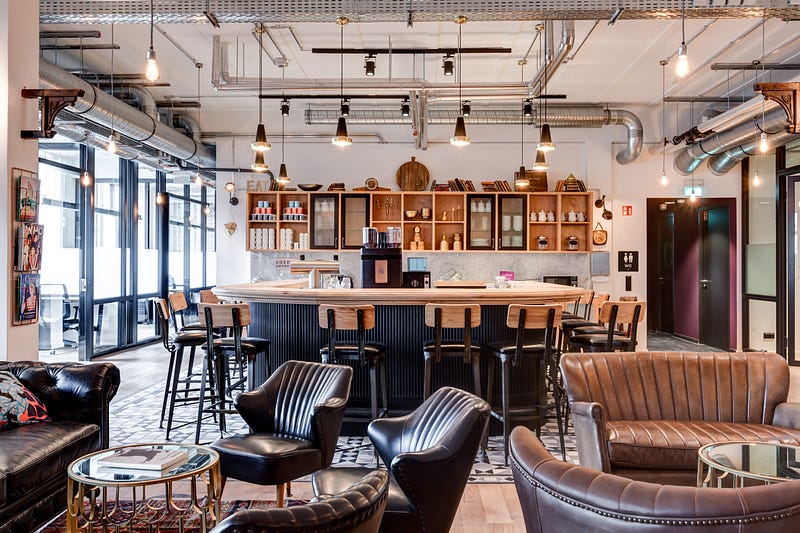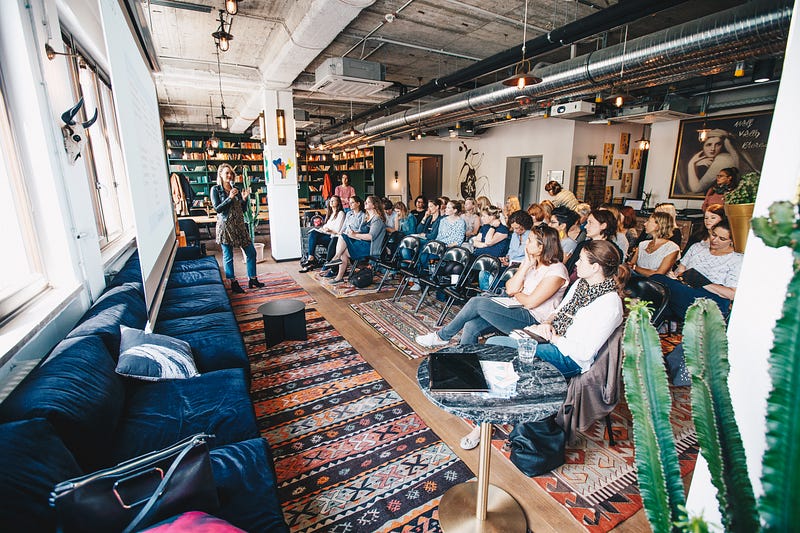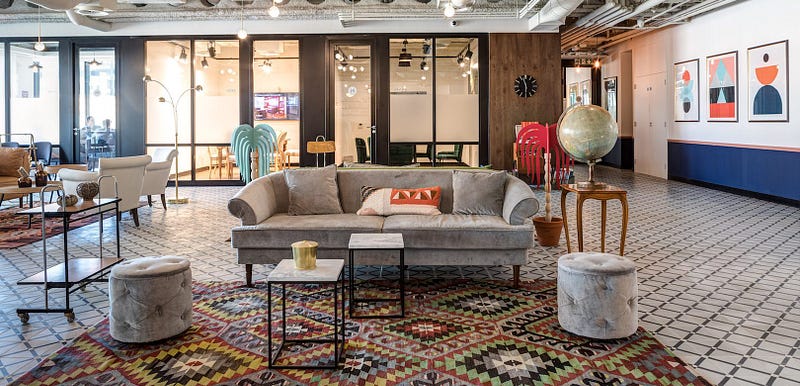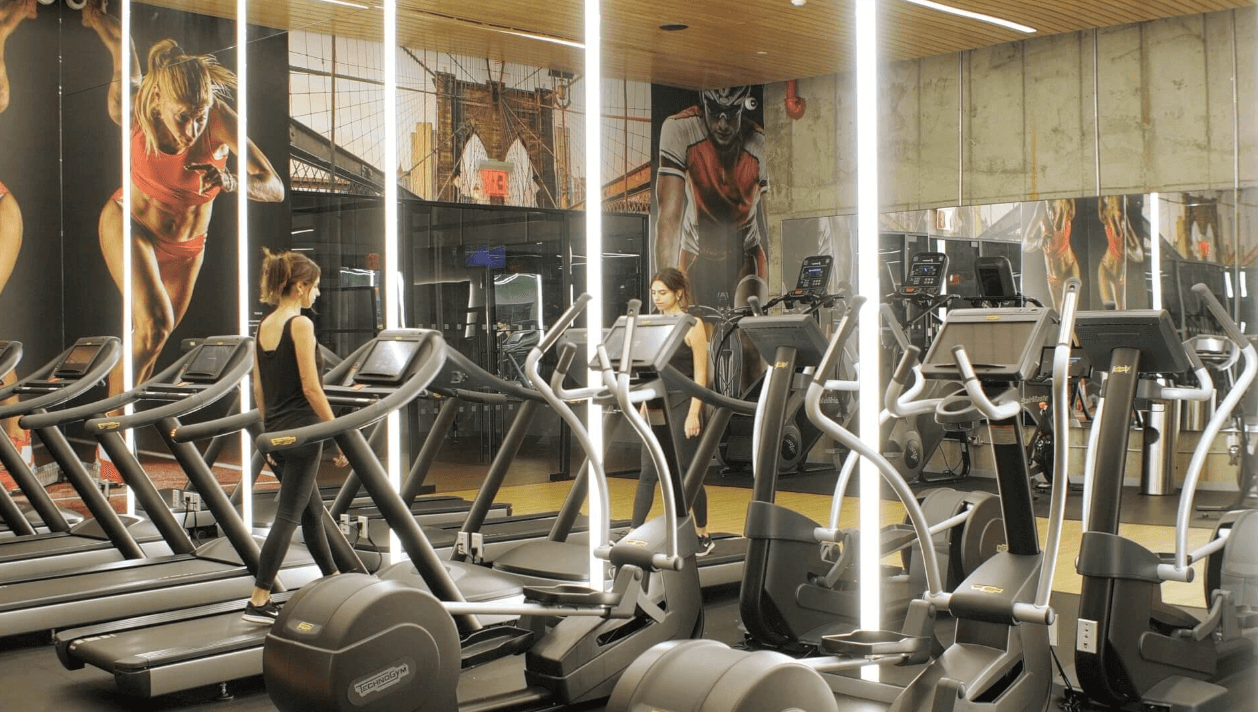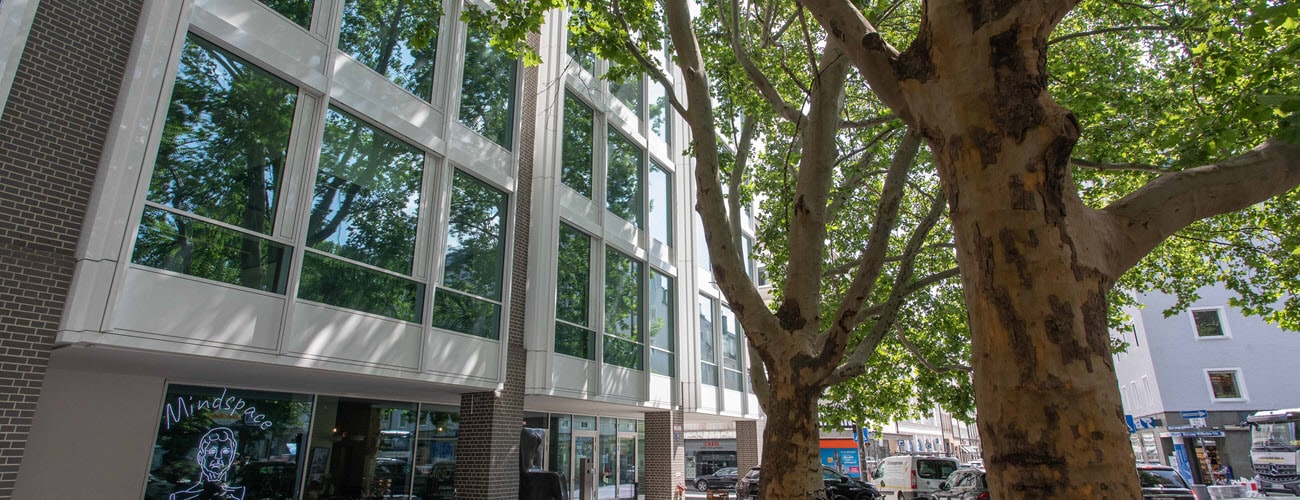
The Office Sector’s Shifting Paradigm: Impact on the Brokerage Business
Brokers stand to benefit from the ‘office building of the future’, which will contain a percentage of flexible workspace.
Historically, real estate wisdom hinged upon a solitary concept — the property’s location. While location is critical, a well located, well maintained, class A office building is no longer sufficient on its own. Nifty technology and unmatched innovation have set a digital foundation that impacts every sector of the economy. Real estate, (i.e. the office sector) has wisely begun to drill down on the modern tenant’s fundamental needs such as convenience, connectivity, and, location. In other words, the successful office paradigm now includes proactively meeting tenant’s needs.
This is a definite shift in thinking when compared to the traditional office sector paradigm. Indeed the traditional leasing model doesn’t efficiently serve the needs of the tenant, as it forces inefficiencies (complex, long, rigid and expensive process, results in leasing more space than needed for long-term), and ignores growing needs of the today’s workforce.
Remember the Automat.
Optimizing real estate (and with it, profitability) is not a new-fangled concept. Remember the Automat? In 1902, Horn & Hardart crafted a ‘machine age’ concept for hungry lunch timers. Their redefined coffee shop allowed many patrons to serve themselves simultaneously by sliding coin-operated, glass doors set in an Art Deco display. At its height in NYC, there were 36 Automats serving more than ¾ million customers. The Automat’s success was a great example of what happens when a business/industry listens, and meets, their customer’s needs (in this case, faster service), and does so with flair and innovation.
And despite how successful the Automat was, more modernistic fast-food restaurants eventually replaced it. Indeed history is littered with examples of companies and industries that failed to focus on their clients’ ever-changing needs. Think Blockbuster, Kodak, Nokia to name a few. It usually takes a service disruption (not necessarily a technological one) to spark a new paradigm of meeting clients’ needs.
The Evolving World Awaits
According to United Nations Research, future population trends reveal strong urban growth. These trends differ from those of the baby-boomer generation who couldn’t wait to buy a McMansion and fill it with stuff. However, those moving to a more urban life do so with the hopes of getting what they need out of a work environment. And, as history has taught us, generational differences are always present, and usually stark.
With this anticipated urban growth and an amazing amount of technological advancement, urban centers will eventually run out of space. Remember, there is only a finite amount of real estate to work with, until future innovation changes that reality. From this crowded urban model and an overwhelming need, a Sharing Economy will be born. The Sharing Economy will likely spark other paradigm shifts for related industries.
To meet the needs of this young working adult population, flexible office solutions were created to help meet the modern worker’s needs, the modern owner’s cash flow requirements and, at times, reduce the dreaded vacancy rate.
Co-Working within a Flexible, Convenient Office Sector Solution
Sometime during 2019, Millennials will surpass the baby-boomers and become the largest living generation. That equates to tremendous spending power. And make no mistake about it; Millennials have defined work standards that can never be met by a traditional office model.
Young working adults are on the move, it is the nature of Millennials. They grew up in the ‘instant-gratification generation.’ One of the most important working criteria for Millennials is that they are not tied down. If they need to go across town, or around the world, their office and their support staff must follow. Joining the flexible office movement does just this. The reality is, whether you are in a different time zone or another continent, a flexible office member is ready to go to work in the nearest community.
Coworking/flexible offices provide private offices, communal areas, open spaces, and even special suites such as our team suites in London. Staff are tasked with the responsibility of accommodating members.
The concepts of co-working and the flexibility of office space such as our Wynwood office space dovetail together beautifully. Currently, a mere 5% of office space fits the concept of flex space communities. Real estate experts anticipate that the 5% flex-space occupancy rate will near 30% in about a decade. They also note that there will be more than enough demand to meet the increased supply.
At present, some of the largest employee-laden global companies (i.e. Microsoft, Samsung, Barclays to name a few) have realized the benefits of flexible work zones especially for those traveling the world. By adopting a co-working mindset, corporations improve productivity and employee morale while reducing costs and maybe picking up a tax benefit or two. At Mindspace globally, 41% of our occupancy is with large global enterprises.
Why Enterprises Choose Coworking
- Cost Savings: Cost-effective way to expand/reduce workforce with flexible workstations/member agreements as well as bottom-line benefits through reduced real estate exposure and associated costs.
- Flexibility: Organizations of all sizes are in need of a flexible budget and adaptability in the global business environment. Providing a flexible workspace allows flexible financial management and helps companies to react quickly to changes and growth.
- Innovation and community: Employee appeal of leaving corporate offices and exposure to a “cool vibe”, working alongside energetic startups and high-tech entrepreneurs.
- Preserve focus and avoid distraction: Workspace-as-a-Service allows companies to focus on their core business and not the complexities of commercial office space leasing, which can be time-consuming and onerous.
- Tax and financials: New IFRS in 2019 will treat any leases as debt on the balance sheet. Companies re-strategies their lease terms in order not to increase leverage.
Most global enterprises plan to utilize co-working/flexible office spaces by 2020. They are starting to understand the real estate benefits, but more than anything, they’re starting to understand the HR benefits. Employees today demand more than ever before. Many enterprises and global companies are starting to understand that to make their employees happy, sometimes companies like ours can make their employees happier than they can; and not just in the Apple Cupertino headquarters, but in other satellite locations around the world. When you have a team of 30 people in Mexico City, it’s sometimes hard to give them the HR experience that you give your headquarter employees. Putting them in an ecosystem that makes them happy and inspired is a really good solution. HR is 9 to 11 times more expensive than the real estate itself.
The Office Building of the Future
The office building of the future is likely to shift away from the traditional model of all floors running under conventional lease terms. The management of a modern office building will likely choose to refine their business philosophy to minimize their vacancy rates, and thus optimize profit. This can be accomplished by diversifying the ways in which the office space will be utilized. While traditional, long lease options remain part of some established corporate policies; part of the office building should be dedicated to this purpose. Another portion of the modern office building would include flex office space managed by a third party operator, like Mindspace. It is a winning combination.
To maximize the building’s profitability, each location should provide a communal space, event space or a rooftop restaurant that is available to all building tenants. Each Mindspace location, for example, is fully staffed to handle small-time tenants as well as representatives from Fortune 500 companies.
New developments will incorporate a flexible space element from inception with new buildings marketed as having floors dedicated for this purpose, along with wellness and other shared amenities. Even in existing stock, the opportunity exists for landlords to rethink the organization and management of their buildings to incorporate flexible options, regardless of which of the models they pursue.
It’s good financially. It makes it easy to finance, but also makes the building more attractive. Today we’re in discussion with lenders all over the world to activate not only the few floors that we take in the building, but to activate the entire building for them, to make the lobby nicer, and more accommodating, and to create lounges and events and lectures for all the tenant in the building, not only for the Mindspace tenants.
Flexible Office Spaces: A Boon to Brokers
The flexible workspace community concept works remarkably well with real estate brokers and sales associates. Certainly, with people on the move, repeat business should follow suit — when we have enterprise clients coming in, they typically stay with us between 1 and 3 years. And, repeat business builds lasting relationships, a significant part of a broker’s success.
While commissions may change, the number of leases and closings should multiply and generate higher total commissions and fees. Additionally, closing the deal is usually faster and easier with coworking, because there is no long-term lease. There’s not a lot of negotiations, even zero negotiations sometimes, with commercial terms.
The Bottom-Line
Every building in the future is going to have a certain percentage of flexible space, a certain percentage of communal areas, and then a certain large percentage of long-term leases. Ultimately, The office sector’s shifting paradigm is great news for everyone. The owner/landlord can possibly reduce vacancy rates; upgrade their locations without losing their long-term leaseholders. Tenants wanting to rent office space on a flexible, part-time basis, find Mindspace offers exactly what they need — An office and its essentials staffed at all times.
Real Estate Brokers are primed for a more diverse marketplace. As solution providers like Mindspace redefine the office sector paradigm, brokers should take advantage of a cutting edge business idea with tremendous growth potential. The time is now.


